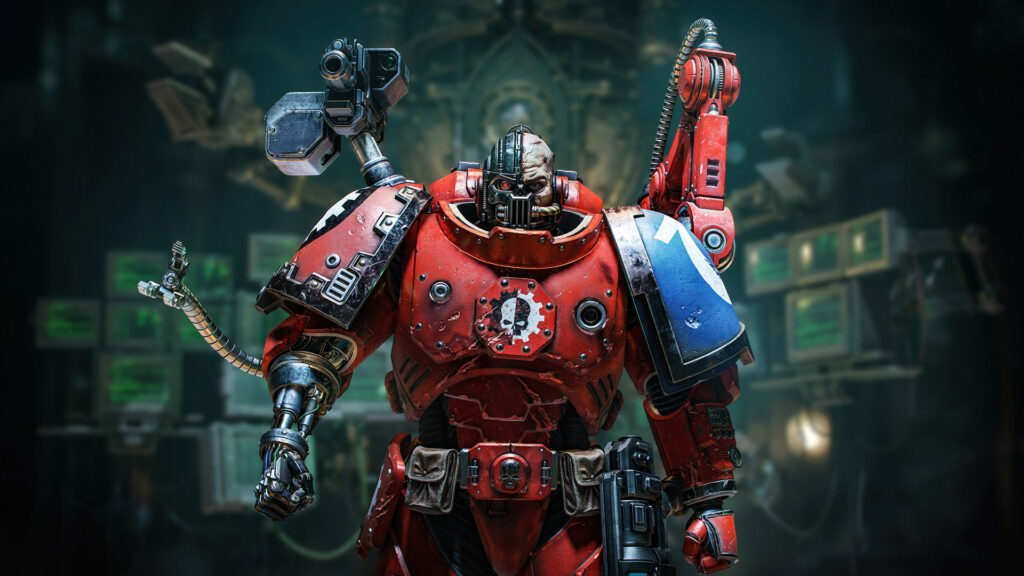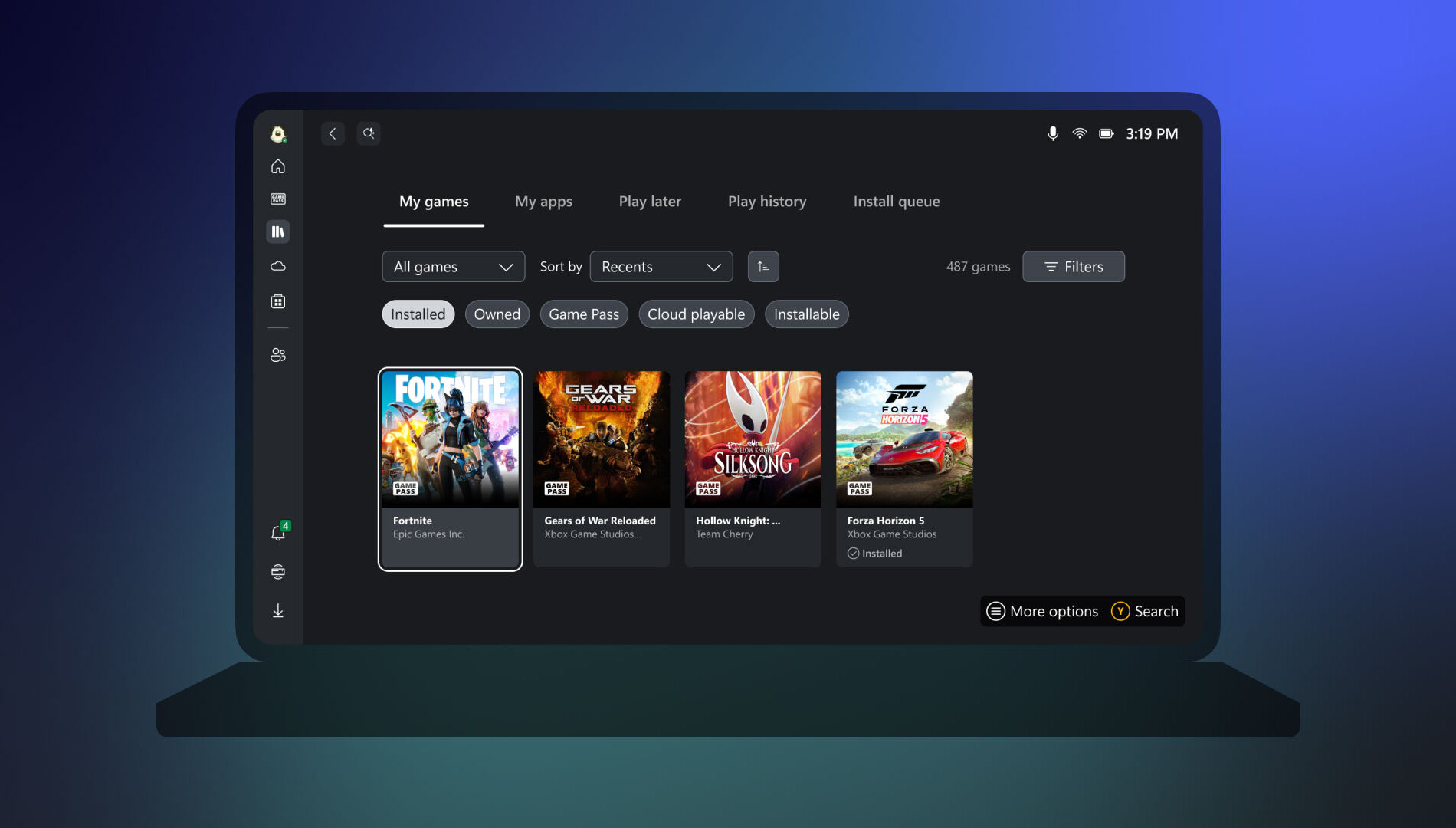From Snapshot to Eternity: How The Star Named Eos Transforms Photos into Puzzles
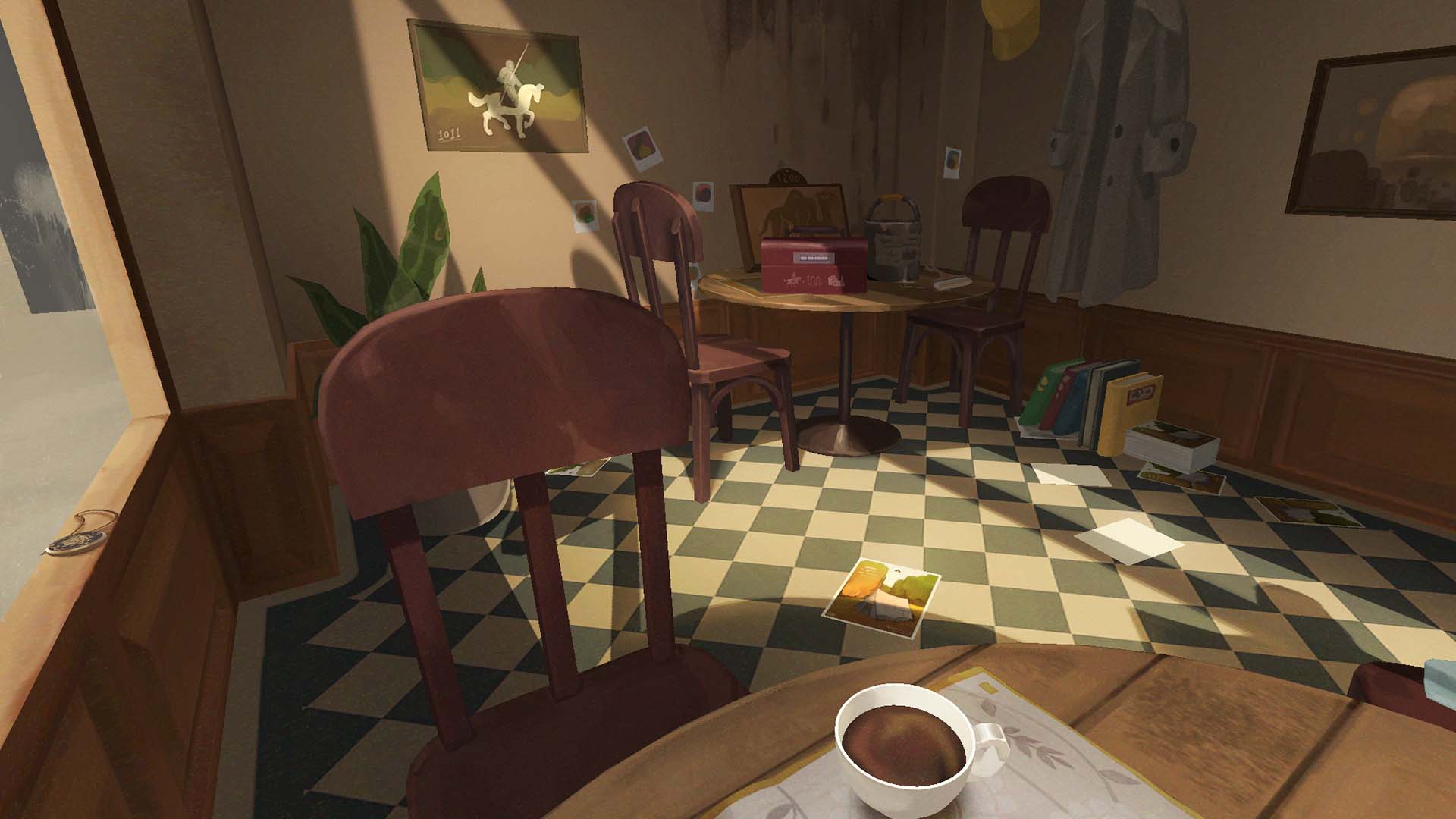
The Importance of Photography in the Game

In The Star Named Eos, photography is the core theme that drives the game’s story and experience. This idea was conceived even before developing our previous game, Behind the Frame, where we initially planned a 360-degree panoramic narrative centered on photography. Due to our limited development experience at the time, we focused on Behind the Frame first. After its success, we restarted the production of The Star Named Eos.
Photography is not just a part of the backstory; it is integral to the game’s mechanics and puzzle design, allowing you to experience the story and feel the emotions and memories behind each photo.
Creating the Photography Puzzle Experience
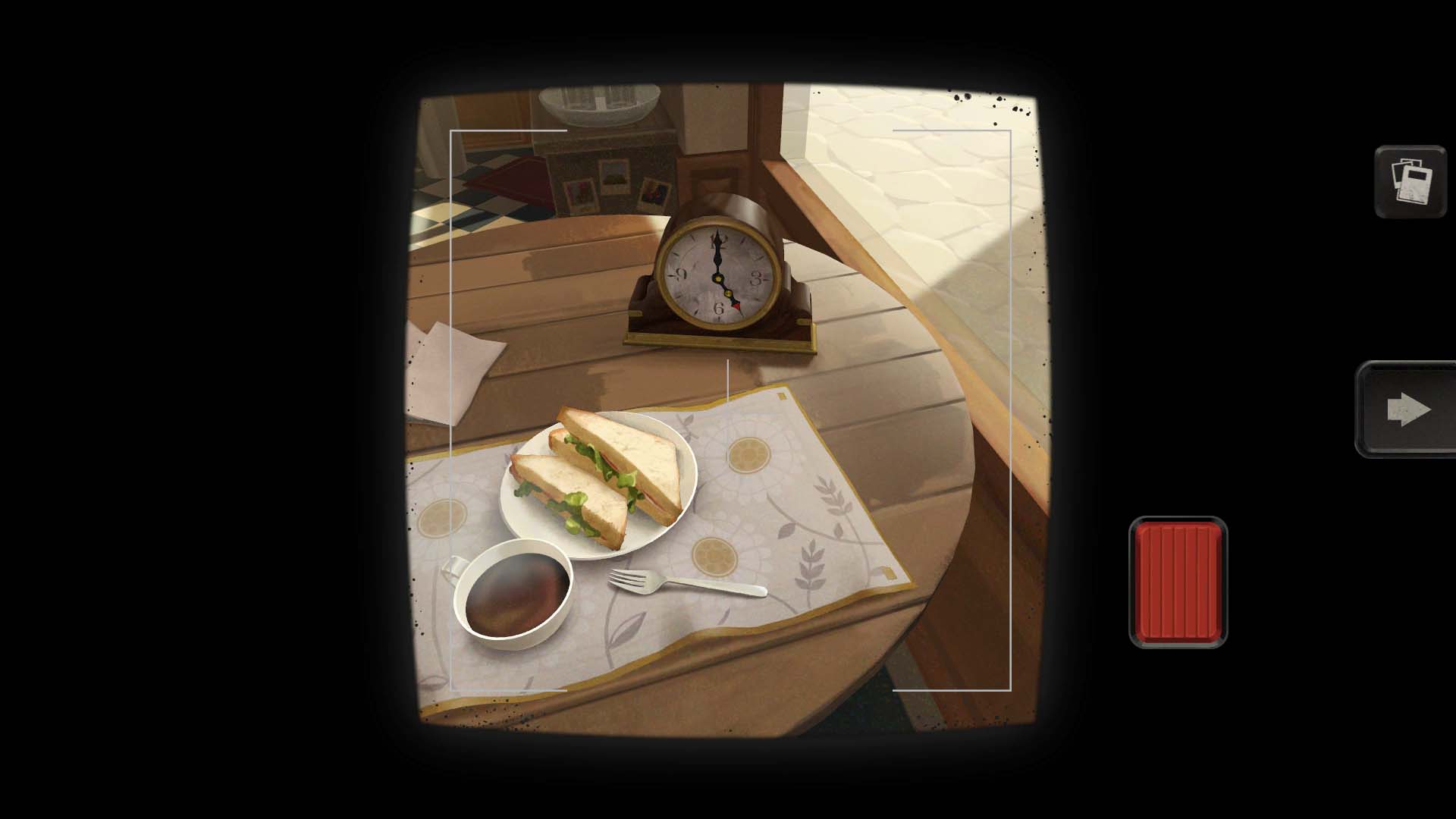
We always adhere to our game design principle of “finding the best way to tell a story to effectively convey it to players.” To deeply engage players, we first create a complete narrative experience and then decide on the supporting game mechanics. We use slightly challenging puzzles to draw you deeper into the story and unravel its mysteries. When designing each puzzle, we carefully consider its background and purpose, ensuring every element serves as a meaningful clue and ties into the story. This approach avoids unnecessary gameplay time extension and ensures each puzzle’s solution deepens your understanding and connection with the story.
Core Game Loop Design: Exploration from Old Photos to New Compositions
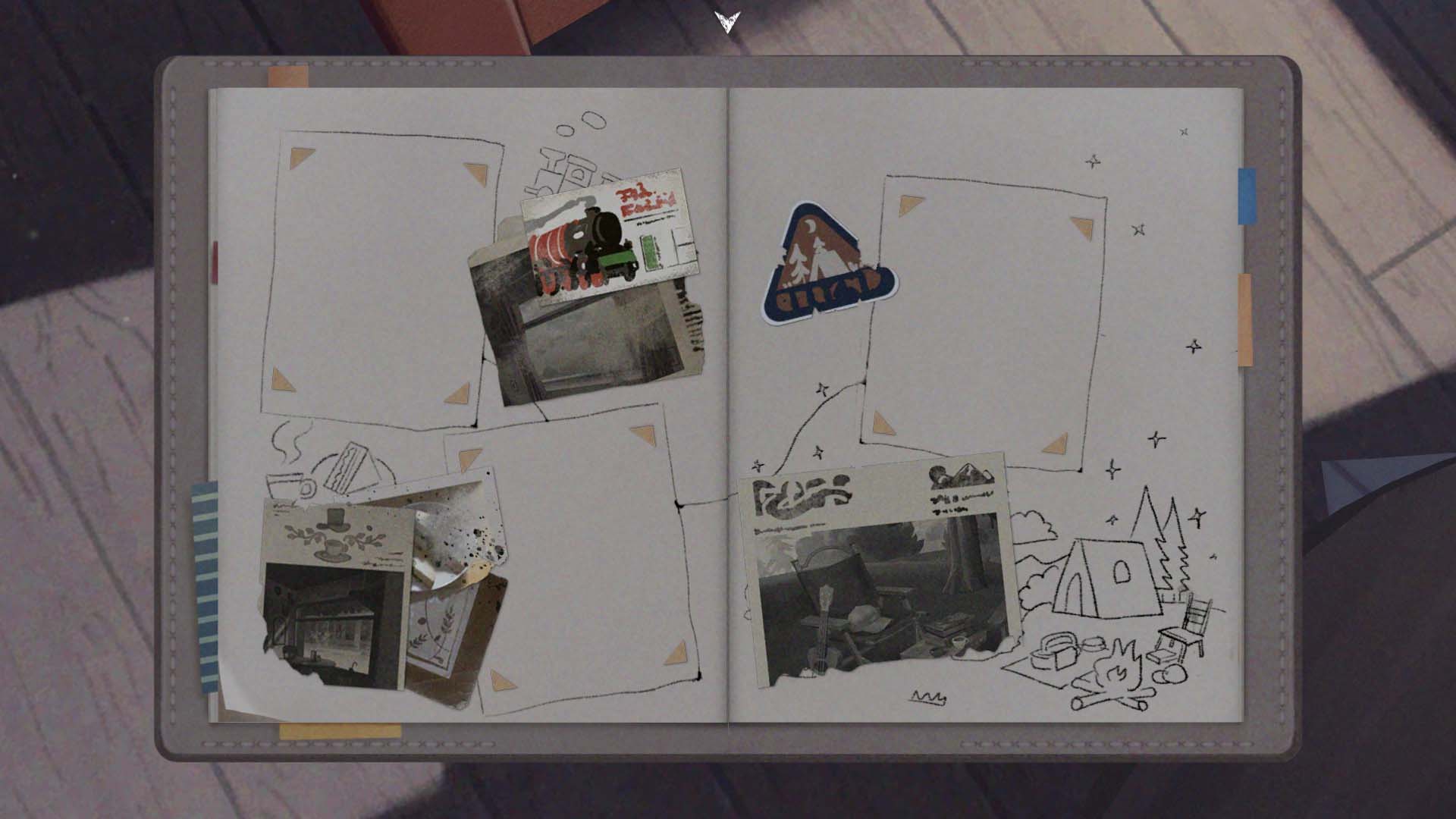
In The Star Named Eos, we designed a core game loop where you start with an old photo, go through exploration and puzzles, and ultimately take a new photo. This design is significant for recalling memories and the theme of discovering new things. Here are the steps:
1. Obtain Old Photos:
You obtain old photos by exploring specific scenes in the game. These photos serve as clues, guiding you to new scenes.
2. Find Similar Locations:
You search the environment for locations similar to those in the old photos. Visual aids like lighting and distinct objects help navigate players.
3. Find Similar New Objects:
After finding similar scenes, you search for objects resembling those in the old photos. These objects can be natural (trees, rocks) or man-made (furniture, statues).
4. Adjust Object Position/Composition and Take Photos:
You can adjust object positions according to the old photo’s composition, making them match. The game features a virtual camera that allows you to adjust the angle and focus, ultimately taking new photos with compositions matching the old photos.
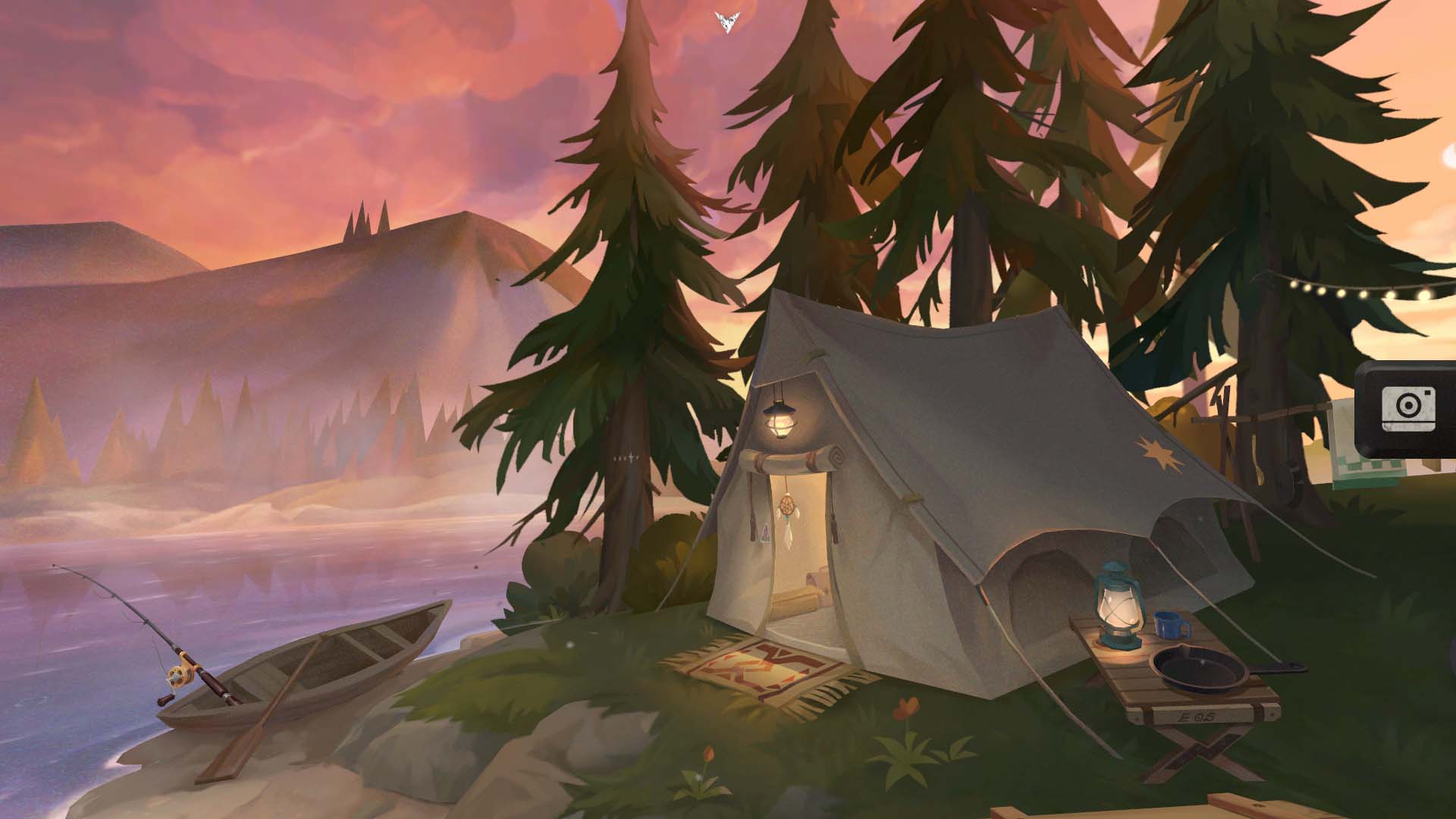
This game loop design is not just about solving puzzles; it is an exploration of memories and history. you recreate past memories and discover new things, experiencing the unchanging emotions and values over time. This design allows players to resonate with real-life experiences of reminiscing and discovering new things.
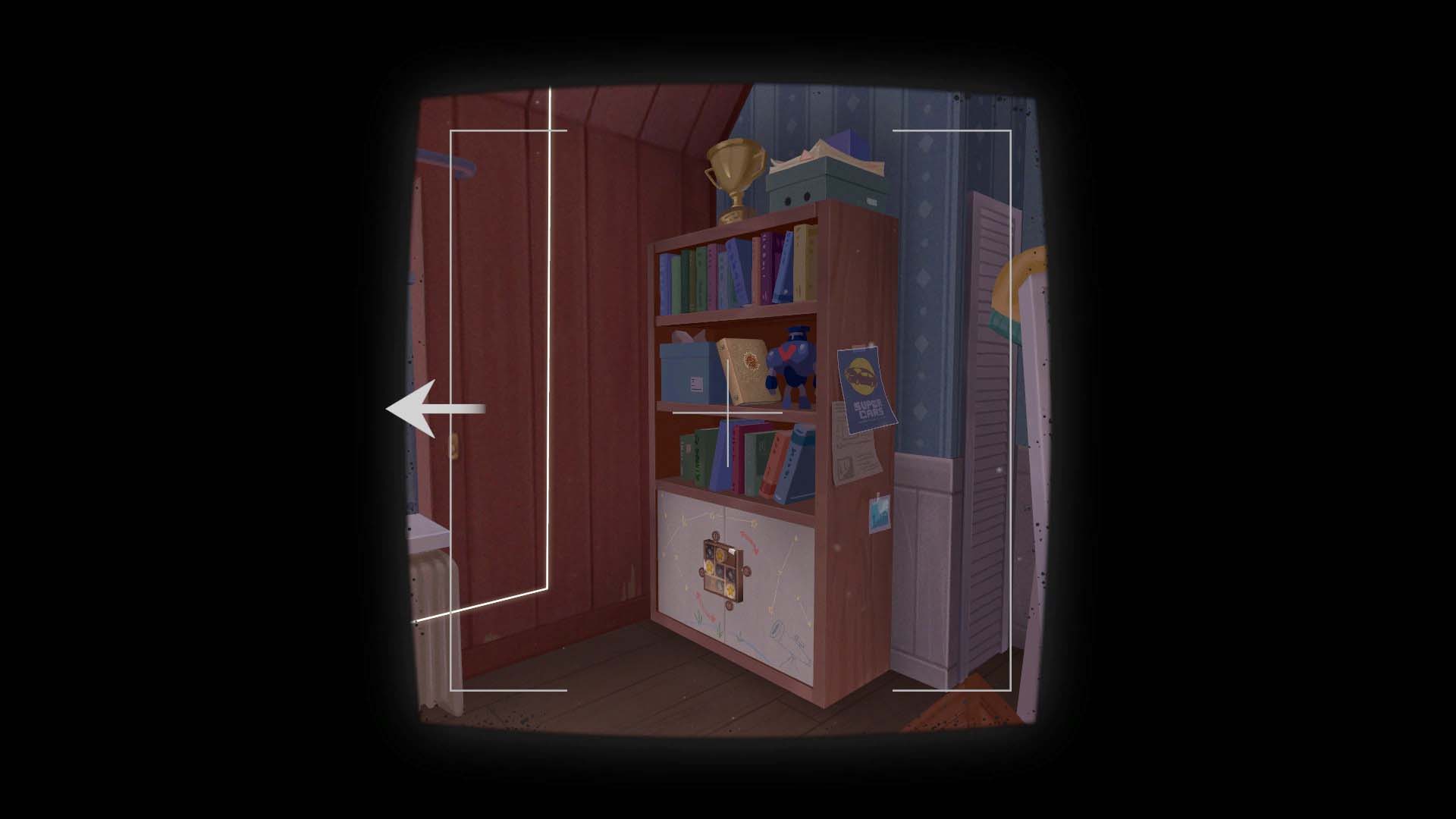
Aesthetic Feedback of Camera: The Satisfaction of Taking Photos
In The Star Named Eos, taking photos is not just a simple action but an experience. Our programmers spent a lot of time ensuring that taking photos integrates naturally and smoothly into the story and game. To make you feel the satisfaction of capturing a scene, we optimized the photo-taking mechanism in several ways:
1. Virtual Camera System:
You to adjust the angle, focus, and composition freely, enabling precise frame capture .
2. Tactile Experience:
To simulate a realistic photo-taking experience, we included tactile feedback. For example, pressing the camera shutter causes a slight vibration and sound effect, enhancing the authenticity.
3. Instant Feedback:
The system immediately compares newly snapped and old photos and uses the character’s monologue to hint if the photo was taken correctly. If the photographed object is not part of the main puzzle, no monologue appears, preserving the joy of free exploration and photography.
These designs make photography an essential and enjoyable part of the game, allowing you to enjoy both the exploration and puzzle-solving process while experiencing the pleasure and accomplishment of taking photos.
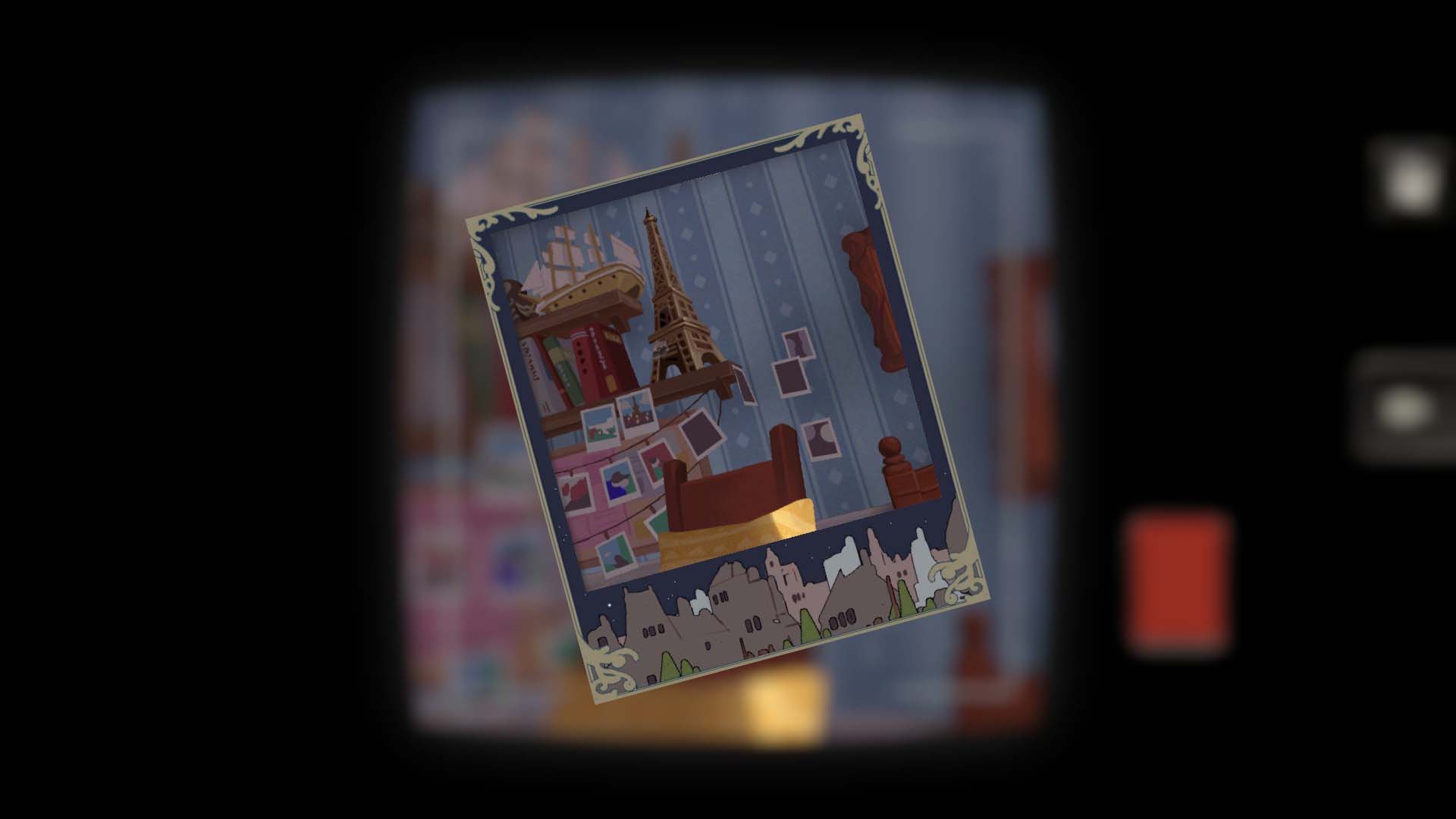
Creating Memorable Scenes: Dramatic Light and Shadow
To achieve our aim of “dramatic light and shadow” in The Star Named Eos, we arranged strong main light sources in each scene, such as windows, lamps, or fires. These add drama and give objects varying lighting or shadow effects. This contrasts sharply with the full-light source design of Behind the Frame, offering a different visual experience. We invested significant time and effort to ensure each scene presents a unique and memorable light and shadow effect, enhancing the game’s emotional expression and story atmosphere.
Through the theme of photography, The Star Named Eos turns photos into a medium full of emotions and puzzles. From story conception and art style design to technical implementation, we have devoted great effort to every aspect, hoping to provide you with an unforgettable gaming journey. We look forward to each player finding their resonance in the game and feeling the story and emotions we aim to convey.
Meta: How the photography mechanic works, and how to use it to solve the puzzles in The Star Named Eos out now on Xbox.


The Star Named EOS
PLAYISM
$14.99
$13.49
The Star Named EOS is a story-rich puzzle adventure built around photography. Explore a beautiful hand-drawn world as you photograph some of the most precious yet fleeting moments in life. As you recreate photos from the past, you will slowly uncover the truth of a family mystery, and the love hidden within fragmented memories will eventually become clear.

